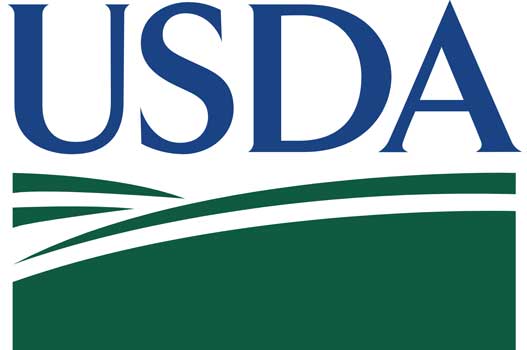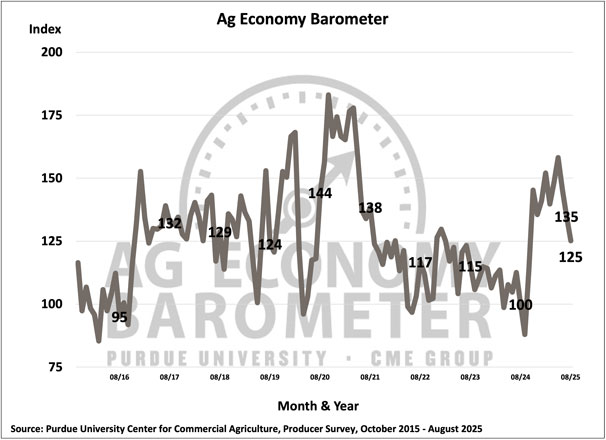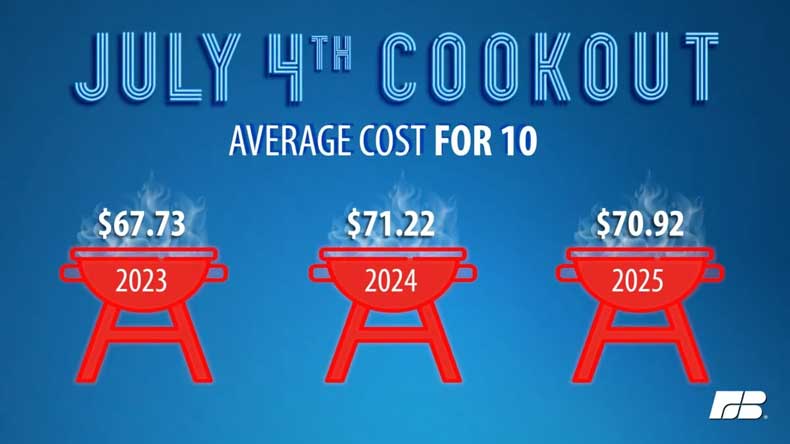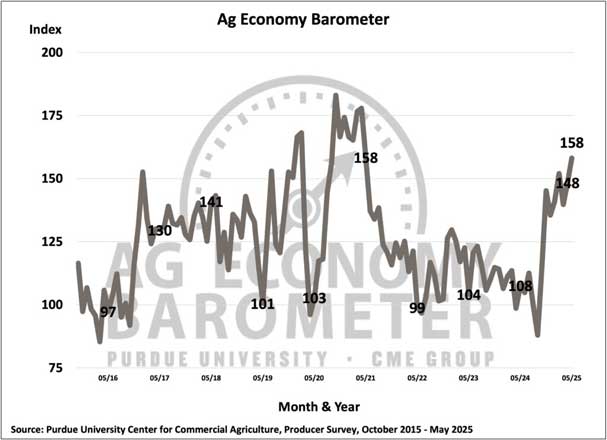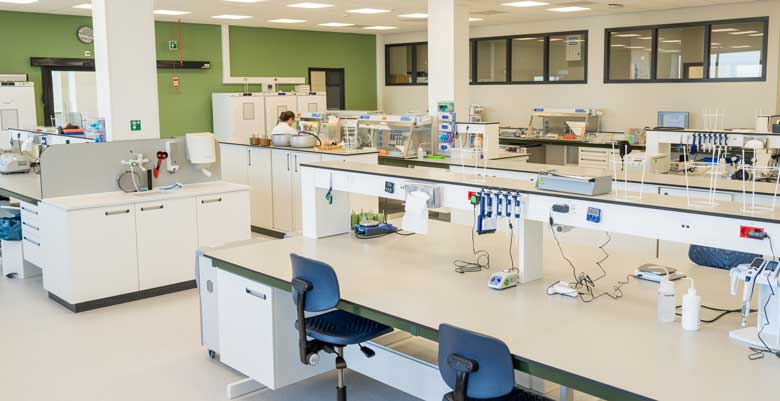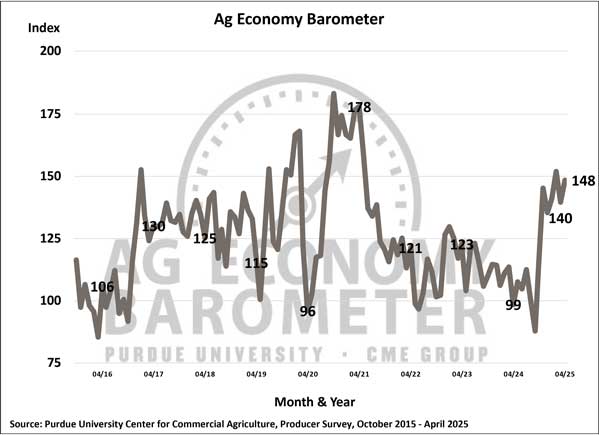Families celebrating the Fourth of July holiday continue to find high prices at the grocery store, based on the 2025 American Farm Bureau Federation annual marketbasket survey. An Independence Day cookout will cost $70.92 for 10 guests this year.
This is down only 30 cents from last year’s record-high cost. At $7.09 per person, 2025 will be the second-highest cost since Farm Bureau began the survey in 2013. The cookout favorites include cheeseburgers, chicken breasts, pork chops, homemade potato salad, strawberries and ice cream, among other products. While the survey does not include an exhaustive list of Fourth of July options, it serves as a snapshot of prices families are facing this summer.
“Inflation and lower availability of some food items continue to keep prices stubbornly high for America’s families,” said AFBF Associate Economist Samantha Ayoub. “High prices don’t mean more money for farmers, however. Farmers are price takers, not price makers. Their share of the food retail dollar is just 15%. The cost of running their farm is up, from labor and transportation, to taxes.”
The marketbasket survey shows an increase in the cost of beef, potato salad and canned pork and beans, while there are drops in the cost of pork chops, chips and hamburger buns.
The retail price for 2 pounds of ground beef increased 4.4% to $13.33. Pork and beans will cost $2.69, up 20 cents from 2024. Potato salad is up 6.6% to $3.54. Several factors influence these increases, reflecting the sort of challenges farmers regularly face. Fewer cattle are available for processing, which is affecting supplies. Steel and aluminum tariffs mean increased prices on canned goods. The cost of eggs – used in potato salad – is still elevated, although they are much lower than record highs earlier this year as egg-laying chicken populations are recovering from avian influenza.
Our survey found a reduction in cost for six cookout staples. Among them is a 3-pound package of pork chops, which is down 8.8% from last year, at $14.13. Chips average $4.80 a bag, a dime less than 2024. Hamburger buns are 2.6% less expensive, at $2.35. The amount of pork available to stores is up, which is pushing prices down. The demand for potatoes has eased, helping bring down the cost of chips. Wheat prices are still much lower than record highs of three years ago, contributing to the slight decrease in the cost of buns.
READ MORE
